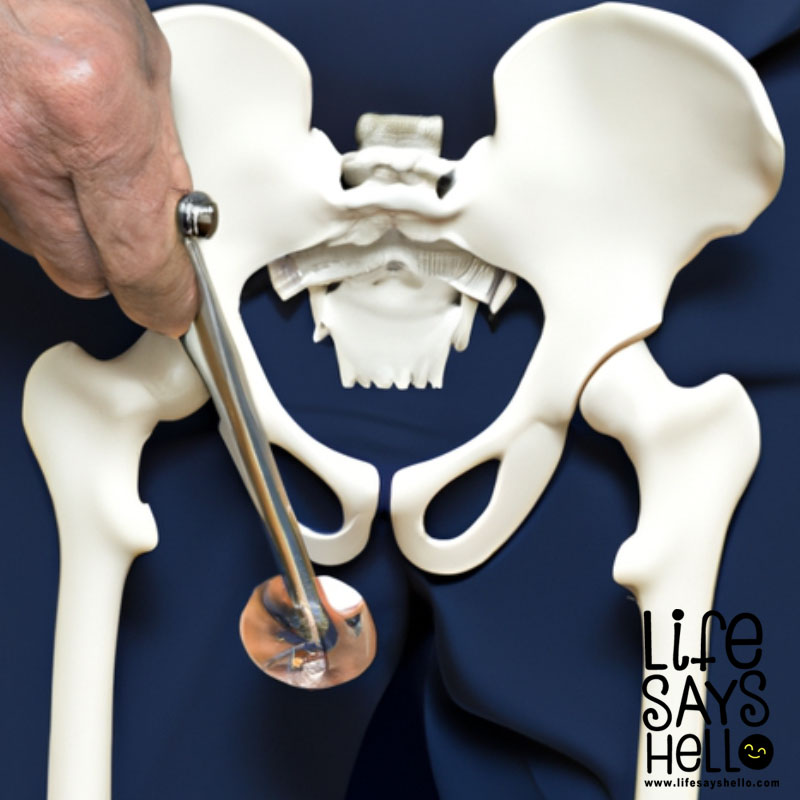Does Working Out Help with a Cold? The Ultimate Guide to Exercising When You're Feeling Under the Weather

Catching a cold can be a real bummer, especially when you're trying to maintain a consistent workout routine. You may find yourself wondering, "Does working out help with a cold, or should I take a break until I feel better?" In this ultimate guide, we'll explore the benefits and drawbacks of exercising with a cold and provide evidence-based recommendations to help you make the best decision for your health.
Introduction
We've all been there: you've finally established a consistent workout routine, and then a cold strikes, leaving you feeling miserable and questioning whether you should push through and exercise or take a break until you're feeling better. The age-old question, "Does working out help with a cold?" remains a topic of debate among fitness enthusiasts and health professionals alike.
In this article, we'll delve into the science behind colds, explore the benefits and drawbacks of exercising while under the weather, and provide evidence-based recommendations to help you make the best decision for your health.
The Science Behind Colds
Before we dive into the relationship between exercise and colds, let's first understand what a cold is and how it affects our bodies. The common cold is a viral infection of the upper respiratory tract, typically caused by rhinoviruses. Symptoms may include a runny nose, sneezing, sore throat, cough, and congestion. While colds are generally mild and self-limiting, they can still make us feel pretty lousy.
Our immune system plays a crucial role in fighting off colds and other illnesses. When we're exposed to a cold virus, our immune system kicks into gear, releasing various cells and molecules to combat the infection. This immune response is responsible for the symptoms we experience, such as inflammation and increased mucus production. Understanding the immune system's role in fighting a cold is essential when considering whether or not to exercise during a cold.
The Benefits of Exercise for the Immune System
In general, regular exercise has numerous benefits for our immune system. Engaging in moderate-intensity exercise can help improve immune function and reduce the risk of catching a cold or other illnesses. Exercise has been shown to increase the circulation of immune cells, such as natural killer cells and T-cells, which help protect the body against infections. Additionally, regular exercise can help reduce inflammation and improve the body's ability to repair damaged tissues.
Moreover, exercise has been linked to a reduced risk of chronic diseases, such as heart disease, diabetes, and obesity, which can negatively impact the immune system. By maintaining a regular exercise routine, you're not only improving your overall health and fitness, but you're also giving your immune system a boost, which may help prevent colds and other illnesses in the long run.
Working Out with a Cold: Pros and Cons
Now that we've established the general benefits of exercise for the immune system let's explore the pros and cons of working out while you have a cold.
Pros:
Mild exercise may help relieve congestion and improve mood
Engaging in light to moderate exercise, such as walking or gentle stretching, may help alleviate some cold symptoms. Exercise can promote nasal decongestion by increasing blood flow and loosening mucus in the nasal passages. Additionally, exercise-induced endorphins can help improve your mood, which may be beneficial when you're feeling under the weather.
Exercise can help reduce stress, which may help the immune system fight the cold
Regular exercise is known to reduce stress levels, which can have a positive impact on the immune system. High levels of stress can suppress the immune system, making it harder for your body to fight off infections. By engaging in light exercise during a cold, you may be helping your immune system by reducing stress and promoting relaxation.
Cons:
Intense exercise may suppress the immune system and prolong the cold
While moderate exercise can be beneficial for the immune system, intense exercise may have the opposite effect. High-intensity workouts can temporarily suppress the immune system, making it harder for your body to fight off infections. If you're already battling a cold, engaging in intense exercise may prolong your recovery time and worsen your symptoms.
Exercising with a fever or severe cold symptoms can be dangerous and lead to complications
If you have a fever, chest congestion, or difficulty breathing, it's best to avoid exercise altogether. Exercising with a fever can increase the risk of dehydration, heatstroke, and other complications. Additionally, exercising with severe cold symptoms may worsen your condition and make it harder for your body to recover.
Guidelines for Exercising with a Cold
So, should you exercise when you have a cold? The answer depends on the severity of your symptoms and how your body is feeling. Here are some guidelines to help you decide whether or not to work out during a cold:
When to avoid exercise:
- If you have a fever, chest congestion, or difficulty breathing.
- If you are feeling extremely fatigued or unwell.
When to consider light exercise:
- If you have mild cold symptoms like a runny nose or sore throat.
- If you feel well enough to engage in low-intensity activities like walking or gentle stretching.
Tips for exercising with a cold:
- Listen to your body and don't push yourself too hard. If you're feeling too unwell to exercise, it's best to rest and allow your body to recover.
- Stay hydrated and ensure proper nutrition. Drinking plenty of fluids and consuming a balanced diet can help support your immune system during a cold.
- Practice good hygiene to avoid spreading the cold to others. If you choose to exercise at a gym or other public space, be sure to wash your hands frequently and avoid sharing equipment or close contact with others.
Conclusion
In conclusion, the answer to the question, "Does working out help with a cold?" is not a simple yes or no. Exercising with a cold can have both benefits and drawbacks, depending on the severity of your symptoms and the intensity of your workout. Mild exercise may help relieve congestion and improve mood, while intense exercise can suppress the immune system and prolong your recovery time. It's essential to listen to your body and consult with a healthcare professional if you're unsure whether to exercise during a cold or not. Ultimately, taking care of your health should always be your top priority, whether that means pushing through a workout or taking a well-deserved rest day.




Comments